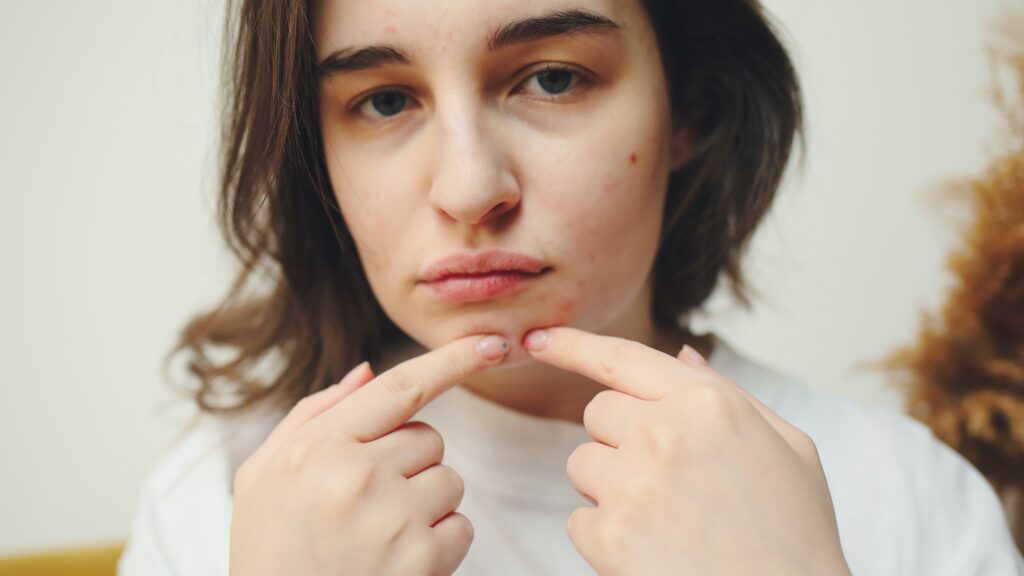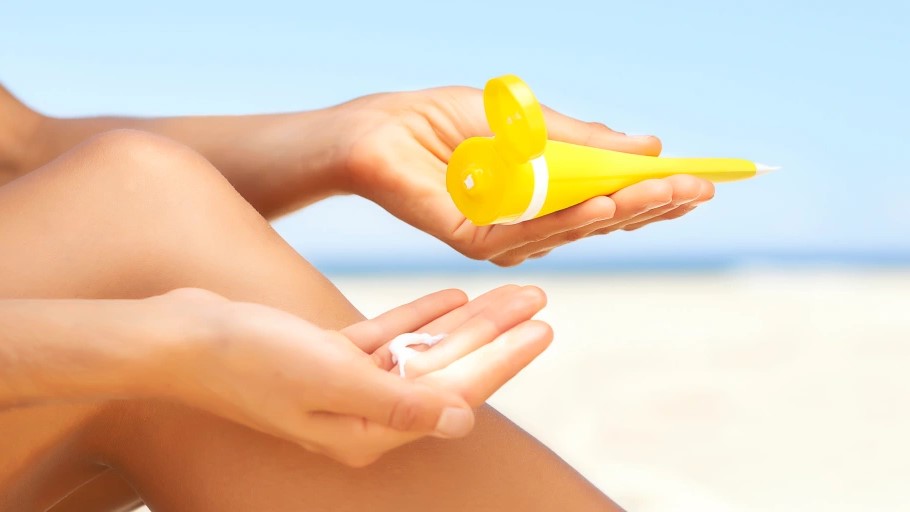
Acne is a common skin condition that affects millions of people worldwide. It can be frustrating and sometimes even distressing to deal with, but understanding its causes and finding effective treatments can help you manage and even prevent it. In this blog, we’ll delve into the causes of acne, explore various treatment options, and provide some self-care tips to help you achieve clearer and healthier skin.
1. What Causes Acne?
Acne occurs when hair follicles become clogged with oil and dead skin cells. Several factors contribute to this process:
– Hormonal Changes: Fluctuating hormone levels, often during puberty, menstruation, pregnancy, or due to hormonal disorders, can trigger acne. Androgens, male hormones present in both males and females, stimulate the sebaceous glands to produce more oil, leading to clogged pores.
– Excessive Oil Production: An increase in sebum (skin oil) production can cause the pores to become blocked more easily, providing an ideal environment for acne-causing bacteria to thrive.
– Bacteria: Propionibacterium acnes, a type of bacteria found on the skin, can multiply in clogged pores and trigger inflammation, leading to the development of acne.
– Inflammation: When the clogged pore becomes infected, the body’s immune response results in red, swollen, and painful pimples.
2. Types of Acne:
– Whiteheads and Blackheads: Non-inflammatory types of acne, where pores are partially or fully clogged with oil and dead skin cells. Whiteheads are closed, while blackheads are open and exposed to air, turning them black.
– Papules: Small, red, raised bumps resulting from inflamed hair follicles.
– Pustules: Similar to papules but with a white or yellow pus-filled center.
– Nodules and Cysts: Deeper and more severe forms of acne, often painful and with a higher risk of scarring.
3. Acne Treatments:
Treatment options vary depending on the severity of acne. It’s essential to consult a dermatologist for personalized advice, but some common treatments include:
– Topical Treatments: Over-the-counter or prescription creams, gels, or lotions containing ingredients like benzoyl peroxide, salicylic acid, or retinoids can help unclog pores and reduce inflammation.
– Oral Medications: Antibiotics may be prescribed to target acne-causing bacteria, while hormonal treatments like birth control pills or anti-androgen drugs can help regulate hormone levels.
– Isotretinoin: For severe or resistant acne, isotretinoin (commonly known as Accutane) may be prescribed. It is highly effective but comes with potential side effects, so close monitoring is necessary.
– Procedures: Dermatological procedures like chemical peels, microdermabrasion, or light therapy can aid in exfoliation, unclogging pores, and reducing inflammation.
4. Self-Care Tips for Managing Acne:
In addition to medical treatments, you can adopt some self-care practices to improve your skin condition:
– Cleansing: Wash your face twice daily with a gentle cleanser to remove excess oil and impurities without stripping the skin of its natural moisture.
– Avoid Touching: Resist the urge to pick or squeeze pimples, as it can worsen inflammation and lead to scarring.
– Makeup and Skincare Products: Opt for non-comedogenic and oil-free makeup and skincare products to prevent clogging pores.
– Sun Protection: Always use sunscreen, preferably oil-free, to protect your skin from harmful UV rays and prevent post-inflammatory hyperpigmentation.
– Healthy Lifestyle: Maintain a balanced diet, drink plenty of water, and get enough sleep to support overall skin health.
– Stress Management: Stress can worsen acne, so practice relaxation techniques like meditation or yoga to reduce stress levels.
Remember, acne is a treatable condition, and you’re not alone in facing it. Seek professional help if your acne is severe or causing emotional distress. With the right approach, patience, and consistency in your skincare routine, you can achieve clearer, healthier skin and boost your confidence along the way. Stay positive, and don’t let acne define you; you are beautiful inside and out!


